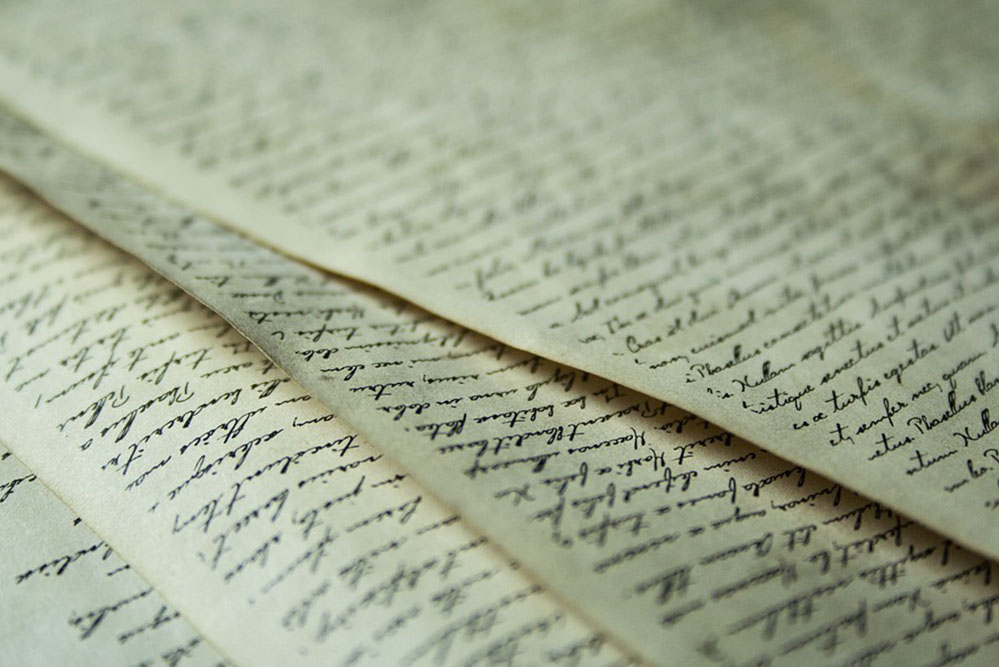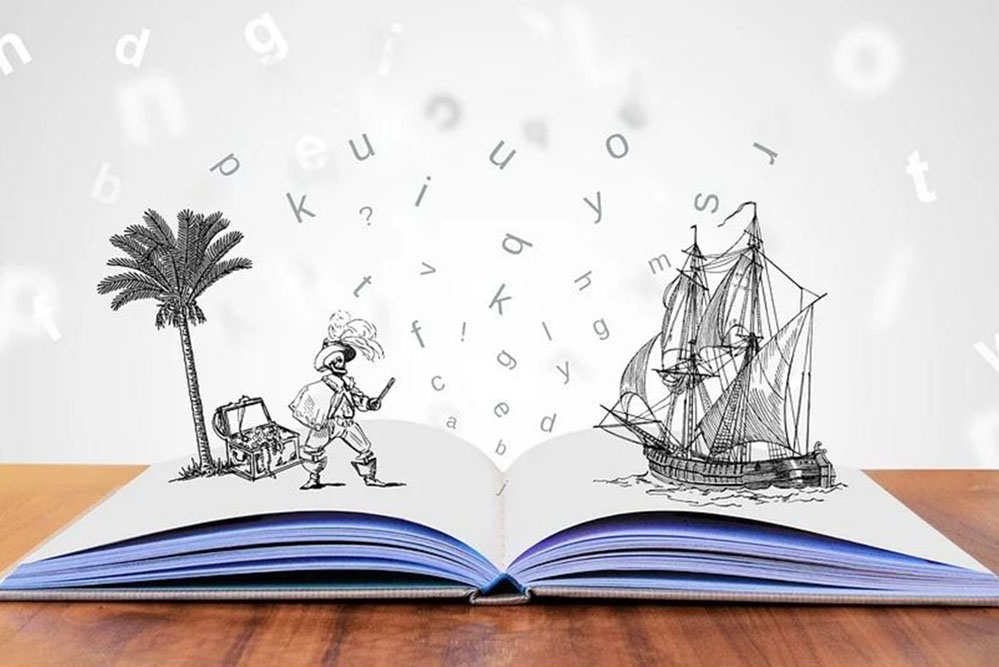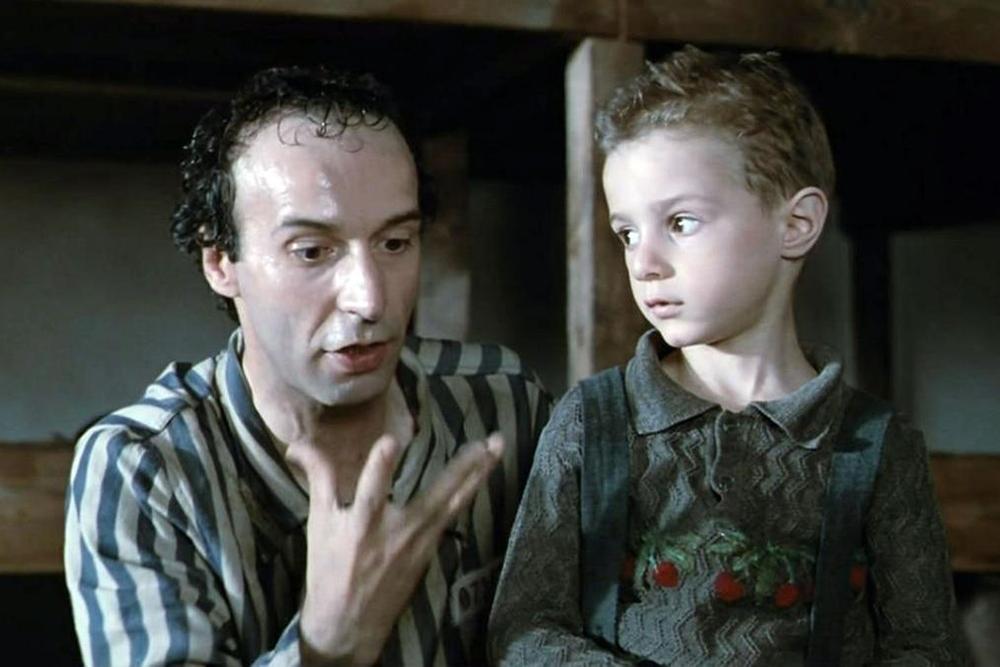Writing Prose
“Prose is architecture, not interior design.” – Ernest Hemingway Our words are in service to our story. When we get too flashy with our adjectives, we may distract and even confuse our reader in ways...
Story Structure as an Experiential Model
There is a structure to the universe. From the smallest atom to the forces that move the planets, there is a universal law. We live in a state of surrendered acceptance to it (whether consciously or...
Show, Don’t Tell
Show, don’t tell—the mantra of every screenwriting teacher. Film is a visual medium in which behavior reveals character. Novelists and memoirists have the luxury of exploring the internal lives of our...
Story Structure
Story structure is often taught by story analysts as plot, but it is really the DNA of our protagonist’s internal journey to transformation. Without a sense of a beginning, middle and ending, you are...
The Courage to be Specific in Writing
Humans are full of paradoxes. We only love to the extent that we hate. We are constantly changing our minds, constantly renegotiating with ourselves and others. To be specific is to be curious about...
The Desire to Write
Whether it is conscious or not, the desire to write is connected to the desire to evolve, to untangle the lie that we have been carrying around about ourselves for a million years. The lie is that we...
Building a Body of Work
I remember one day over twenty years ago when I was bellyaching to a friend of mine about how nobody was buying my work. He looked me dead in the eye. “What’s your job?” he asked. “To sell my work.”...
Ten Suggestions for Writing
Below are ten writing suggestions for anyone who is setting out to craft a novel, memoir, or screenplay. Some are obvious, while others are perhaps less so. 1) Write everyday. No matter what. The...
The Protagonist’s Experience
Regardless of the medium, your reader is not interested in what your character is feeling. Seriously. In fact, if you tell your reader that Bill felt sad, dejected, elated, euphoric, or glum, your...
No Dilemma, No Story
One thing that has been coming up a lot in my classes is the tendency for writers to “figure out” their plot. This is due, at least in part, to story structure being taught by story analysts as a...
Becoming a Professional Writer
The publishing industry has undergone tremendous changes over the years. “Mid-list” writers who relied on decent advances from their publishers have found themselves shut out of the big publishing...
The Creative Process
When my son, Ray, was first learning to speak, there were so many new words each day — the syntax often fascinating and occasionally perverse. He also had a sophisticated sense of humor. He called his...
Sell Your Novel to the Movies
When I did a book tour for my first novel, someone asked, “Have you sold the film rights?” And when I said yes, there was this gasp, like I’d been showered with pixie dust because Hollywood wanted my...
Memoir: Personal & Universal
The challenge in writing a memoir is that self-examination is not typically meant to be shared. The goal in writing a dynamic memoir lies in offering a transformative experience for our protagonist...
Dilemma: The Source of Your Story
At the heart of every story lies a dilemma. It is not a question of whether or not your protagonist has a dilemma, but rather, how effectively it has been explored. By exploring your protagonist’s...
Writing the Forbidden
“Freedom of speech and freedom of expression are so ingrained in our society we rarely stop to think about it. I can write anything I want – dark fiendish plots without fear. I can criticize the FBI...
Backstory
“The past is prologue.” – William Shakespeare When we are stuck, it is inevitably because some part of our backstory is unclear. Backstory refers to what happened before our story...
Humor in Tragedy
(Image from Life is Beautiful, 1997) If you’re going to write a tragedy, infuse your story with humor. Humor pulls us towards the characters and makes us care. It also ensures that your ending will...

browse by topic
Workshops

Creativity is your birthright. Your sole purpose is to build a body of work.



















